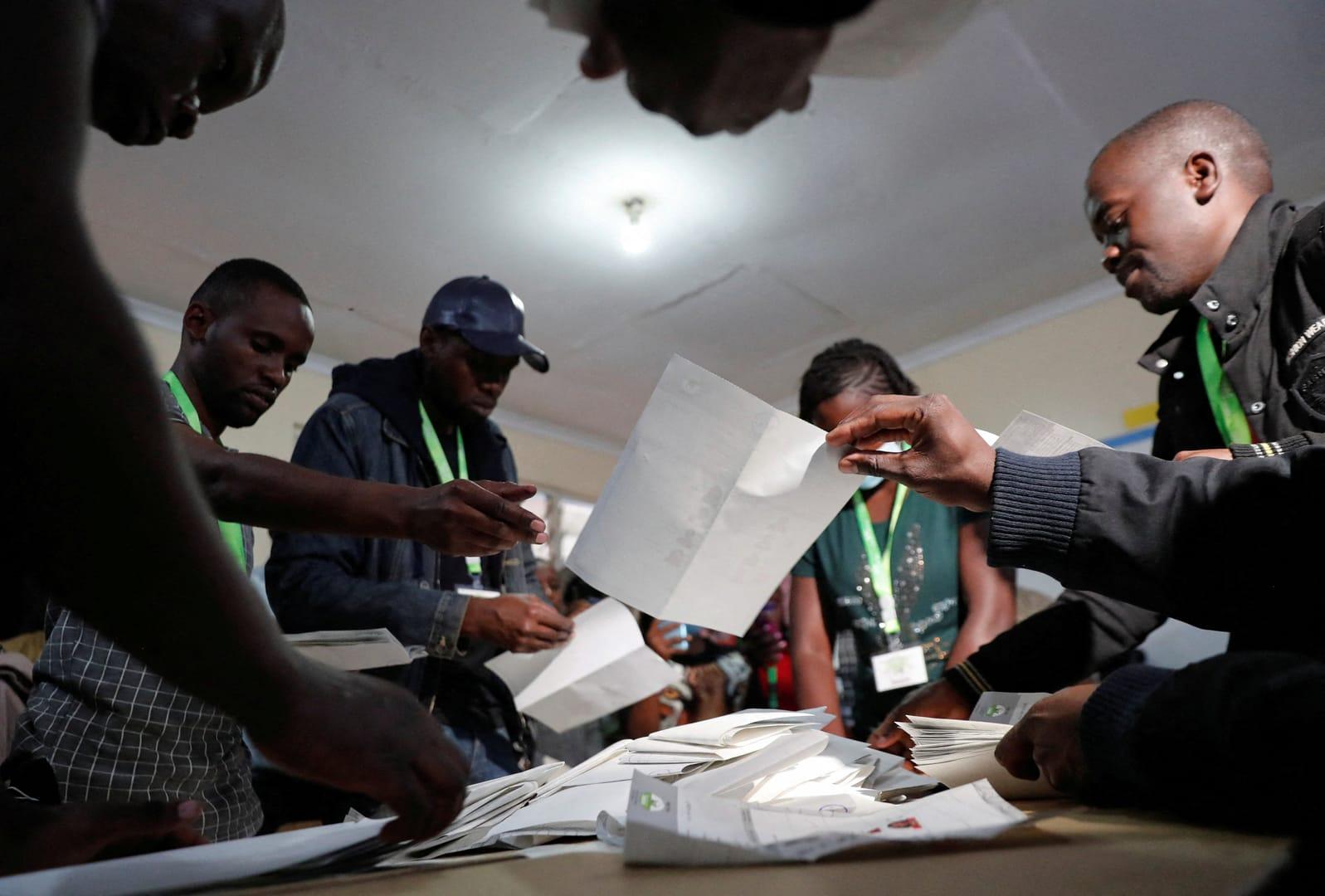YAOUNDÈ, Cameroon –A leading Kenyan pro-life and youth advocate says “no one wants chaos” in the East African country, and the chance of post-election violence is much less than in previous years.
Catherine Njore, the founder of the Linda Vijana Initiative (LVI), made her remarks in the wake of the Aug. 9 presidential election.
On Aug. 15, Deputy President William Ruto was declared the winner with 50.49 percent of the vote, ahead of his main challenger, former Prime Minister Raila Odinga, who received 48.8 percent of the vote.
Njore told Crux that half the country is celebrating, while another half is going through “a kind of grief.”
“The mood is calm and dull for some and elated for others,” she said.
Odinga has already posed a legal challenge to the election result, noting that he will “use all legal and constitutional means at our disposal” to challenge the results.
The challenge to the results has raised fears that the country could descend into violence.
In 2008, post-election violence led to the deaths of at least 1,500 people and scores more died after the 2017 elections.
But Njore said she believes the country has moved beyond such actions.
“I don’t think a repeat of that dark period will ever happen in our nation,” she told Crux.
“We are better informed, and we know that we are the ones to lose in such an event, not the politicians,” she said.
Njore said it’s a good thing that Odinga has opted to follow “the due process stipulated in the constitution – a court process.”
Noting that “there has been maturity in many ordinary citizens,” she is still concerned about the effects of “hurtful exchanges online on social media platforms.”
“We are lacking compassion and kindness towards our brothers and sisters. It is times like this that our true brotherliness should be seen in us as Christians. Sadly, as we hurt each other the politicians, winners and those who did not win are still interacting and progressing in their own affairs. Quite sad really that we hate each other on their behalf. I pray that this culture dies with time,” she said.
The near absence of young people
Njore also decried the limited participation of young people in the electoral process, noting that they were developing a kind of political apathy that won’t bode well for the future of the country.
“The youths have so often been promised so much that is never met and this is partly why they are not participating as they should in politics and leadership,” she claimed.
“Many have a mindset that there are a select few who are entitled to certain opportunities in the country. I have seen memes that read: ‘Stop saying it is God who got you a job, tell us who connected you.’ With such a mindset I even wonder if we still believe in God, ourselves and the time and effort as well as sacrifices that we put in our dreams. Is our faith lost?”
She called on young people to “be engaged more and provided with the right environment to thrive.”
“The more they feel they belong, the more they will also participate in duties like voting. I will still insist that the examples set by leaders matter. The name calling by the politicians does not add value and displays a lack of integrity in them,” Njore said.
Expectations from the new president
While the courts deal with the post-electoral disputes, Njore said whoever is finally declared winner of the presidential election must deal with a broad range of issues to make Kenya a better place.
She has called on the new president to “bridge the divides” in the country by reaching out to all Kenyans, “even those who didn’t vote for him.”
“When constituting the government, no part of Kenya should feel left out,” Njore told Crux.
She also called for a restructuring of the electoral system in a way that “gives confidence to all participating parties with no room for doubt.”
“Otherwise, this country is to be pitied because the other half believing there was ‘opaqueness at the end’ may choose not to participate/cooperate in any future electoral process.”
Njore also called on the new government to deal with the rising cost of living, and to refuse to be held captive by foreign powers and foreign interests.
“We hope and pray for truly Afro-centric solutions; making optimal use of our culture, natural resources, manpower to develop this country as opposed to going into international relationships that are skewed to hinder our economic growth,” she said.













